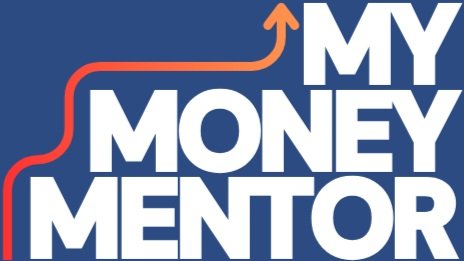Opportunity Cost
This is one of the most important concepts to learn, and will serve you in so many ways.
Most of us only have a finite amount of money at any one point in time, so a decision to spend or invest in one place means you then can’t do the same somewhere else.
In spending terms, opportunity cost is the missed opportunity of using your money for one thing, which then means you can’t also use it for many other things. If you spend your money on a holiday, then the opportunity cost is that you now can’t also spend that money on a car. So the cost of the holiday isn’t just the cost of the holiday, it’s also that you can’t now have the car.
In investing terms, opportunity cost is not just what you have to pay for investment A, but also the missed returns you now won’t get from other possible investments (B, C, D, E etc) because you put your money in A. Every $ or £ you have has the potential to be in thousands of different opportunities, but once you put it into one, it can’t go into the others.
Opportunity cost is not visible cost and therefore it’s often overlooked- but it’s incredibly important and is often one of the biggest costs and most important thing to consider in any investment or general money decision.
Real example; on April 4th 2023 you could have bought 150 shares of GFL at $34 for about $5,000, you could have bought 45 shares of Amazon at $103 a share for about $4,700 (or you could have do a thousand other things with that same $5,000). Roughly six months later GFL was trading at $28 and AMZN and $127. Your GFL shares would be worth $4,200 and the AMZN $5,715.
You could say the cost of those GFL shares had been the $800 they’d lost in value. But that ignores the opportunity cost. Because back in April instead of buying 150 shares of GFL you could have instead bought 45 shares of AMZN which would’ve made $1,000 in profit. So in real terms your cost was not only the $800 loss in GFL, but also lost the opportunity of $1,000 profit in AMZN, so the total real cost was $1,800.
You can see immediately how opportunity cost can become one of the most significant elements to consider in any investment decision. It doesn’t just come down to ‘should I invest in this thing’ or not, it becomes ‘if I invest in this thing what other options am I then missing out on’.
So why is opportunity cost so overlooked most of the time?
Mainly because it’s really not an easy element to consider for two reasons:
there are an almost limitless number of investment opportunities available at any one time
at the time you’re making the decision, you might not know what the other opportunities will deliver
Basically it’s really hard to know what your opportunity cost actually as at the time. But just because something is hard doesn’t mean we shouldn’t at least try to do it… You would certainly be wasting your time to try and consider the opportunity cost of every possible other investment, but you need to at least be aware of the concept and try to think about your other options.
For every decision you make on spending or investing, you need to think about what else you could do with it, because that’s a real cost to you whether you’re aware of it or not.
Opportunity cost in general financial decisions
Any financial decision should only be made once opportunity cost has been considered.
Should you buy a car outright or finance one? You might look at car finance and say that 7% is expensive, you don’t want to pay 7% interest to some finance company each year. But if you can earn 10% on your money by investing it, you’re actually far better off financing the car, paying 7% and earning 10%- that way you’re 3% up each year vs if you’d bought the car in cash.
Or perhaps the car you want is $30,000, but if you bought one that’s $20,000 you could then invest the other $10,000. What would that $10,000 be worth in a few years time once you’re changing your car again? That’s the opportunity cost of buying the expensive car now.
Houses are typically the big one when it comes to opportunity cost- if you buy a house you have to sink a huge chunk of cash into the purchase into a deposit and fees. Is that better for you in the long run compared to renting and instead investing your deposit money? For more on this exact topic, we’ve built a truly superb buy vs rent calculator- find it in the Calculators & Templates page.
People come up with many different ways to save- spending trackers, auto saving accounts etc etc but the concept of opportunity cost is likely to be one of the most effective tools to control your own spending in day to day life.
If every single time you make any purchase you think not only the cost of the thing itself but also what you could get instead if you saved or invested that same amount, you’ll find yourself being a lot more careful about spending without any extra effort.
